Is your company’s current risk management mindset a recipe for disaster?
You’re no doubt familiar with the expression, “out of the frying pan and into the fire.” As a senior business leader, you may have unfortunately experienced the sensation of going from a bad situation to an even worse one. The daily reality for top managers in a growing business is that they are often spending their day jumping from one heated issue to another, without necessarily fully understanding the root cause of the problems or putting out the original fire completely.
In fact, you could say that your business is a constantly shifting “range” of priorities. But while the traditional home stovetop has four or five burners, you’re often having to manage a “business cooktop” with double-digit burners; all going at the same time and that are at various stages of heating up.
As the leader of your company, we presume your burners are filled with multiple critical business concerns. Personnel needs, technology struggles, supply chain bottlenecks, financial results – there is a never-ending list of issues that a business leader must keep their eye on. It is ultimately your responsibility to make sure that rising challenges don’t boil over and leave you or your company “burnt” in the process.
So, how do you fit Risk Identification and Management onto your already crowded stovetop?
While you certainly recognize how essential risk identification and management are to safeguarding your operation, there are, as we’ve discussed, many other challenges that grab and warrant your immediate attention every day.
It’s only natural that you would put risk concerns on the way, way back burners until you absolutely have to give them your attention. One typical time period that does move these issues forward is when you are alerted that your 90-day insurance coverage renewal window is open. However, even then, when your insurance and risk management plan may seize the spotlight, unless you see that your insurance costs have risen sharply, your priorities can easily push you to choose the path of least resistance and simply renew.
We understand the logic here – why would you spend the time on risk management when things seem fine, and you already have an overflowing calendar? After all, the pain of changing can often seem far worse than the pain of sticking with the status quo risk approach.
However, at Fred C. Church, we believe that only considering the insurance aspect of risk management during the renewal cycle is simply not adequate to protect your balance sheet. Even worse, though, is waiting until an actual event happens, such as a major property loss, cyberattack, or employee injury, to pay any attention to your insurance gaps and risk exposures. At that point, it’s often too late to keep these losses from derailing your organization’s operations and objectives.
Consider the CFO at a seafood processing firm who, when approached for a preliminary prospect meeting, stated, “I wish I had thought to talk to you months ago. We recently had a product recall that we were not prepared for. Now my job is to determine the best way to shut down our organization.” He thought he was “good,” but as one of our clients says from time to time, “Everybody is good … until they aren’t.” Don’t let a similar scenario happen to you.
Evaluate your insurance and risk management programs with your insurance broker well in advance of your policy renewal date.
This regular discussion should include an assessment of alternative approaches to all of your coverage solutions. For example, are current deductibles still consistent with your risk appetite, or do you need to move your insurance spend to higher limits? Could your workplace safety programs use a critical review and refresh? Is it time to consider self-funding alternatives for your employees’ health benefits?
Unfortunately, your incumbent broker may have little motivation to press these issues with you or introduce innovative approaches when you seem happy with renew-as-expiring premiums.
We cannot stress enough, though, that letting your risk program cling to the status quo and not undertaking a thorough risk strategy review at least annually is, without a doubt, a recipe for disaster.
Here are some real-life scenarios of improperly managed risks that we’ve uncovered while reviewing prospective clients’ programs:
- A construction firm that does condo remodeling having a condo exclusion in their General Liability policy;
- A home healthcare firm’s Professional Liability policy excludes licensed professionals (aka nurses) delivering services away from the primary business location; and
- A manufacturing operation’s Workers’ Comp applications having incorrect class codes, and the company is overlooking important liability transfer verbiage in contracts with Temporary Employee Agencies.
Ultimately, for these companies and many others, the impact of inconsistent – or nonexistent – risk management would likely be insurance policies filled with risky gaps and costly redundancies, an unsafe work environment, vulnerable information technology structure, and company funds that are being wasted on outdated or poorly crafted risk solutions.
We’re not saying it’s going to be easy to move risk identification, assessment, and strategy and program design to the front burners where they belong.
In many organizations, this type of philosophical change regarding priorities will require partnering with a risk-focused and well-resourced broker who sees this process as an ongoing one, with regular adjustments and improvements that will last throughout your relationship.
This partner should be able to illustrate both the immediate and long-term benefits for your company of implementing a proactive approach, which ought to include a reduction in the frequency and severity of potential risks, leading to insurance carriers competing for your business and offering more favorable policy terms and lower premiums.
In addition, when you work with a broker who focuses on risk management, it should lead to improved employee retention, higher customer confidence, reputation protection, and more rapid and effective responses to any serious event that does take place.
How do you put risk management on the front burners at your company? Get the help of a hands-on broker who utilizes a strategic approach to identify, assess, and address all of your potential loss exposures. With this type of partner, you will surely uncover a range of innovative ways to manage your cost of risk. Now that’s the best recipe for success.
About the Author
George Lucas, Ph.D. is the Director of Business Development at Fred C. Church Inc., a founding member of Assurex Global. He can be reached at 978-322-7380 or by email.



